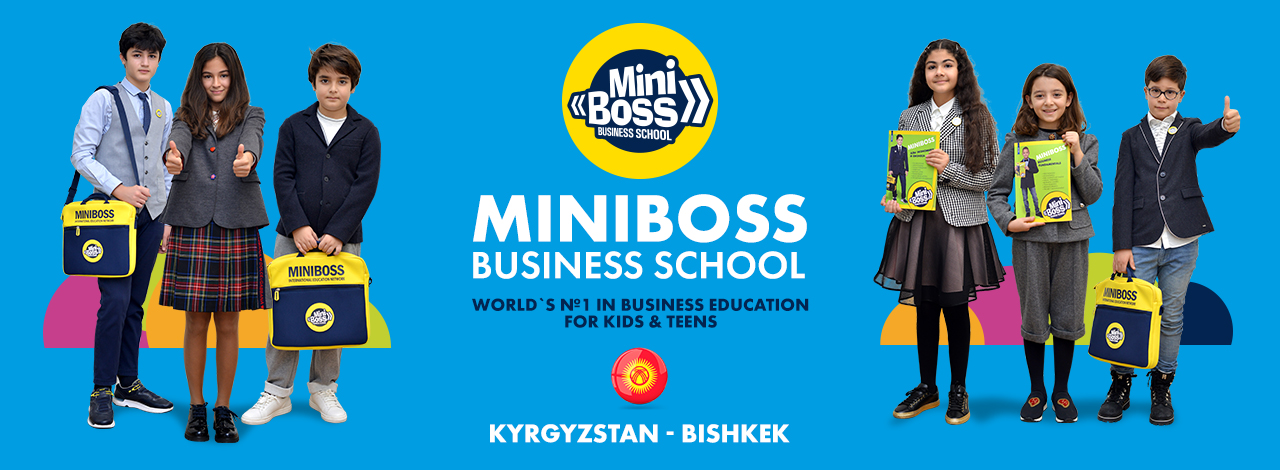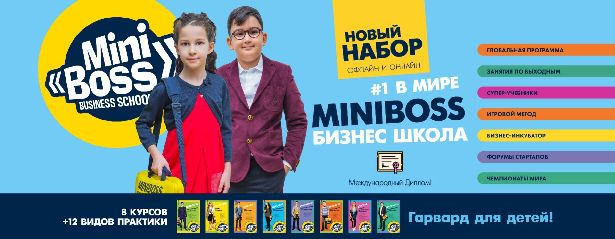
Albert Einstein: Learn to Enjoy the Learning Process
Einstein’s discoveries revolutionised our understanding of the universe. According to Einstein, improving your intellectual capacity should be fun and enjoyable — happy learners are quick learners.
In 1915, after completing a two-page masterpiece that catapulted him into historical glory —the theory of general relativity, he wrote a letter to his 11-year-old son (Hans Albert) who was learning the piano and said:
I am very pleased that you find joy with the piano. This and carpentry are in my opinion for your age the best pursuits, better even than school. Because those are things which fit a young person such as you very well. Mainly play the things on the piano which please you, even if the teacher does not assign those. That is the way to learn the most, that when you are doing something with such enjoyment that you don’t notice that the time passes. I am sometimes so wrapped up in my work that I forget about the noon meal…
The idea of enjoying what you learn can be hard to grasp, especially when you are trying to master a difficult subject. But it shouldn’t be so hard to learn and have fun at the same time.
To learn anything faster or better, choose topics you will enjoy — if you have control over what you are learning. Make the learning relevant. You should be able to answer the question "Why Am I learning this?" at any point.
If you have to learn something as a requirement to accelerate your career, use strategies that can make the process enjoyable. Example, if learning to code is doesn’t feel like fun, use the process to build something you care about.
You could also connect your actions with progress — track your progress and visualise it. Progress itself is inherently rewarding. You can also create an environment that can help you find flow:
"The mental state in which a person performing an activity is fully immersed in a feeling of energised focus, full involvement, and enjoyment in the process of the activity."
During flow, people typically experience deep enjoyment and a total involvement with life. The more you can enjoy what you are learning, the faster you’re likely to master it.
Einstein might have changed our perception of the universe but remember that he did it by enjoying his work and finding flow in the process. So, next time you choose to learn anything, find a fun way to learn it.
Richard Feynman Technique: Teach Others
Known as the "Great Explainer," Richard Feynman was revered for his ability to explain complex and dense topics like quantum physics to virtually anybody in simple and intuitive ways. He won the Nobel Prize for his work in quantum mechanics.
Richard Feynman always wanted to know more, to learn more. He once said, "I was born not knowing and have had only a little time to change that here and there."
His approach to accelerating learning (The Feynman Technique) — explaining or teaching what you learn to others can help you learn better and retain more of what you learn. The Feynman Technique is laid out in James Gleick’s biography, Genius: The Life and Science of Richard Feynman. Brain Pickings quotes his biographer James Gleich:
"He favoured no skill above any other, he taught himself how to play drums, to give massages, to tell stories, to pick up women in bars, considering all these to be crafts with learnable rules…"
According to Feynman, the true hallmark of genius is the ability to explain things simply — so simple, in fact, that you could explain it to an eight-year-old.
For thousands of years, people have known that the best way to understand a concept is to explain it to someone else. "While we teach, we learn," said the Roman philosopher Seneca.
According to research, learners retain a greater percentage of what they learn when they explain/teach the concept to someone else, or use it immediately.
Your ideas will never be more effective than your ability to make others grasp them. When you share, you remember better. It challenges your understanding and forces you to think better.
So, if nothing else, teach others for your own sake. Whatever you choose to learn, you could teach others by starting a blog, a podcast or a video channel. You’ll reap the benefits in your own learning progress.
"Not only is the Feynman Technique a wonderful recipe for learning, but it’s also a window into a different way of thinking that allows you to tear ideas apart and reconstruct them from the ground up," writes Shane Parish.
You may not be a scientist but Feynman’s approach to learning is useful and applicable in anything we want to learn. Teaching others what you learn is one of the fastest ways to acquire and retain knowledge. The ultimate test of your knowledge is your capacity to transfer it to another.
If you want to master even the simplest skills, ideas and topics, learn to enjoy the process of learning and whilst you are having fun, make time to teach others what you know.
Source



